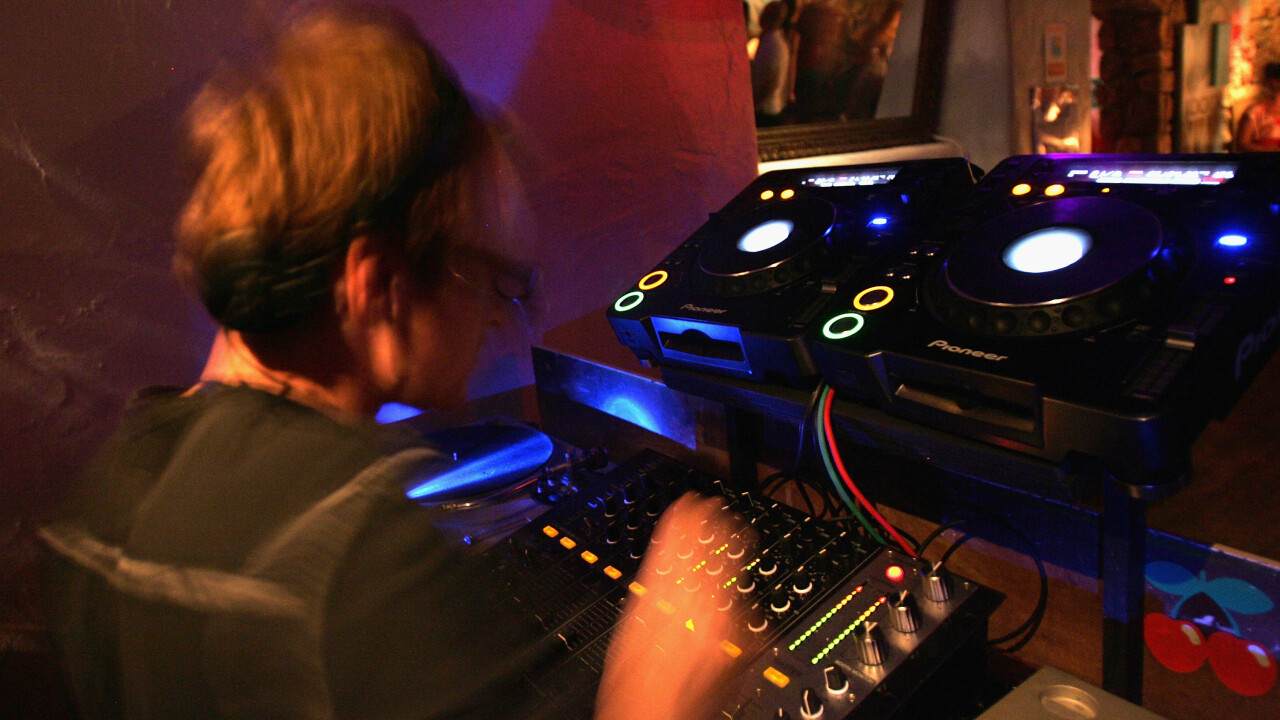Songwriting as Catharsis: The Magical Healing Power of Schizophrenia Songs

Table of Contents
Schizophrenia Songs has an uncanny ability to pierce through the most impenetrable layers of the human psyche. It resonates, it heals, and it communicates when words fall short. For individuals navigating the tumultuous landscape of schizophrenia, songwriting emerges as a profound form of catharsis. It offers a sanctuary where chaotic thoughts can be untangled and profound emotions can find voice.

Understanding Schizophrenia: A Complex Mental Illness
Schizophrenia is a severe and chronic mental health disorder characterized by disturbances in thought processes, perceptions, emotional responsiveness, and social interactions. Affecting about 1% of the global population, it typically manifests in early adulthood and can profoundly impact an individual’s ability to function in daily life. Symptoms of schizophrenia are broadly categorized into positive, negative, and cognitive symptoms.
- Positive symptoms include hallucinations, delusions, and thought disorders. These symptoms represent an excess or distortion of normal functions. Hallucinations often involve hearing voices that others do not hear, while delusions are false beliefs that are firmly held despite clear evidence to the contrary.
- Negative symptoms involve a decrease in the ability to initiate and sustain planned activities, express emotions, or feel pleasure. Individuals may appear emotionally flat or have reduced ability to engage in everyday activities.
- Cognitive symptoms affect memory, attention, and executive functions like planning and decision-making. These can make it challenging for individuals to live independently or maintain relationships.
Schizophrenia Songs – The Intersection of Creativity and Mental Health
Schizophrenia, often misunderstood and stigmatized, brings with it a complex tapestry of experiences. Hallucinations, delusions, and disorganized thinking can alienate sufferers from the world around them. However, within this complexity lies a wellspring of creativity. Schizophrenia songs are more than mere musical compositions; they are therapeutic journeys. They encapsulate the raw, unfiltered essence of what it means to grapple with a fractured reality.
Schizophrenia Songs – Harnessing Songwriting for Emotional Release
Imagine the swirling chaos of schizophrenic episodes, the voices that never quiet, the visions that never fade. Now, envision channeling that overwhelming tide into the structured beauty of a song. The process of songwriting offers an organized outlet, a way to make sense of the nonsensical. Lyrics become a means to articulate the inexpressible, while melodies soothe the fragmented mind.
Creating a Schizophrenia Songs Through Music
For many with schizophrenia, traditional forms of therapy might seem daunting or insufficient. Schizophrenia songs provide an alternative, a non-judgmental space where feelings of isolation and fear can be safely explored. Music therapists have long acknowledged the unique role of songwriting in promoting mental well-being. By crafting songs, individuals can confront their inner demons, articulate their pain, and ultimately, find solace.
The Therapeutic Benefits of Schizophrenia Songs
Songwriting serves as a mirror, reflecting the innermost struggles and triumphs of the songwriter. For those with schizophrenia, this reflective process can be profoundly music therapeutic. It allows for the externalization of internal chaos, making it tangible and, therefore, manageable. The repetitive nature of song structures provides a sense of predictability and control, which can be incredibly comforting.
Amplifying Voices Through Schizophrenia Songs
In a world that often silences and marginalizes the mentally ill, schizophrenia songs amplify voices that deserve to be heard. These songs break down barriers, fostering empathy and understanding among listeners. They transform private suffering into public narratives, inviting audiences to walk in the shoes of those affected by schizophrenia.
Schizophrenia Songs – The Journey of Healing and Empowerment
Embarking on the journey of songwriting as a cathartic exercise is an empowering act. It is an assertion of agency, a declaration that one’s experiences, no matter how fragmented, are valid and worthy of expression. The healing power of schizophrenia songs lies not just in their creation, but in the recognition and validation they bring.
Embracing the Power of Cathartic Schizophrenia Songs
Songwriting as catharsis offers a beacon of hope for those living with schizophrenia. Through the transformative power of music, individuals can find a voice, reclaim their narratives, and embark on a journey toward healing. Schizophrenia songs are not just melodies and lyrics; they are lifelines, connecting the fractured pieces of a soul into a harmonious whole. Let us embrace and celebrate this remarkable intersection of art and mental health, where every note and every word holds the potential to heal.
The Role of Music in Schizophrenia Songs
Music has long been recognized for its therapeutic benefits. For people with schizophrenia, music can serve multiple purposes:
- Expression and Catharsis: Creating music allows individuals to express their emotions and thoughts in a structured and creative way. This can be particularly important for those who struggle to articulate their experiences through words alone.
- Emotional Regulation: Listening to or creating music can help manage emotions, reducing feelings of anxiety and depression that often accompany schizophrenia.
- Social Connection: Participating in music groups or sharing music with others can foster a sense of community and reduce feelings of isolation.
- Cognitive Engagement: Learning to play an instrument or compose music can enhance cognitive functions, providing a stimulating and rewarding activity.
Schizophrenia Music: Voices of Schizophrenia Songs
Many musicians with schizophrenia have used their art to convey their experiences and connect with others. Their music not only serves as a personal outlet but also raises awareness and fosters understanding of the condition. Artists like Syd Barrett, co-founder of Pink Floyd, and Daniel Johnston, a singer-songwriter, have openly discussed their struggles with mental health through their music, offering listeners a window into their world.
Schizophrenia music is a testament to the resilience and creativity of individuals living with this challenging condition. Through music, they find a means to express their inner worlds, connect with others, and navigate their mental health journeys. Whether through listening, creating, or participating in music therapy, the power of music to heal and transform is undeniable. By embracing and supporting schizophrenia music, we can foster greater understanding, empathy, and hope for those affected by this complex disorder.
Music Therapeutic Interventions
Music therapy is a well-established treatment modality that can be particularly effective for individuals with schizophrenia. In music therapy sessions, trained therapists use music to address therapeutic goals such as improving emotional well-being, enhancing social skills, and boosting cognitive functioning. Activities may include listening to music, discussing lyrics, songwriting, and improvisation.
Research has shown that music therapy can reduce the severity of symptoms, improve social functioning, and enhance the overall quality of life for people with schizophrenia. For instance, a study published in the Journal of Music Therapy found that participants who engaged in music therapy showed significant improvements in social interaction and a reduction in negative symptoms.
Creating a Supportive Environment
For schizophrenia music to be most effective, it is important to create a supportive and non-judgmental environment. This involves:
- Encouraging Creativity: Providing opportunities for individuals to create and share their music without fear of criticism.
- Fostering Inclusivity: Ensuring that music programs are accessible to all, regardless of musical ability or experience.
- Promoting Awareness: Educating the public about the benefits of music for mental health and reducing the stigma associated with schizophrenia.






